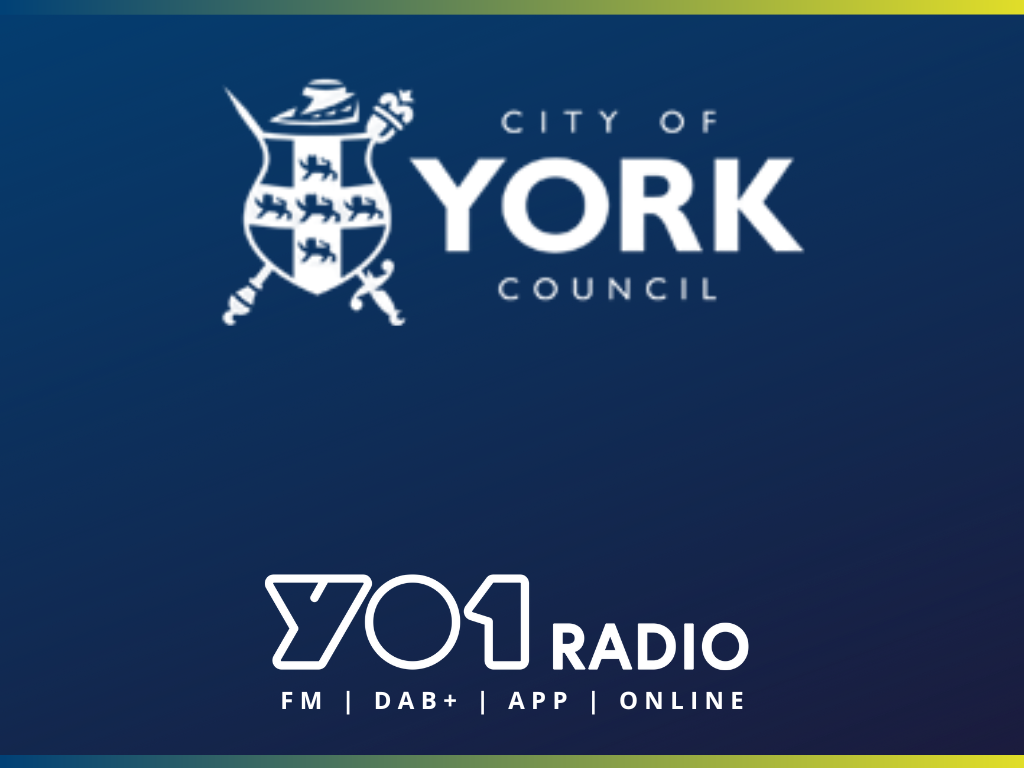
A new report - the second year of the Council reporting carbon emissions from its own buildings and operations - for the period 2021/22 shows that total emissions have decreased despite an increase in staff returning to the office and increased staff and business travel.
City of York Council set a target to reduce carbon emissions from corporate activity to net zero by 2030 with the recently published Climate Change Strategy committing to an Annual Carbon Emissions progress report to be produced every year against this target which identifies areas of improvement.
Councillor Paula Widdowson, Executive Member for Environment and Climate Change said,
“This is welcome improvement and - particularly when viewed alongside York’s recent inclusion on the CDP A-list of world-leading cities in our work and commitment to combating Climate Change and achieving Net Zero - it is work we can be proud of as we seek accelerated delivery of decarbonisation to achieve the council ambition for York to be net zero by 2030.
“We can see that emissions associated with our fleet continue to reduce as a result of electrification, with the introduction of the two Thundertruck electric commercial waste vehicles for example.”
“But it is also clear that we can go further and faster, and the report makes a number of welcome recommendations, such as reduction of gas usage and associated emissions and cost through building efficiency improvements and transitioning to electrical heating.”
The report outlines a number of gains made by Council Net Zero activities:
Public funding has been secured through the Low Carbon Skills Fund to develop decarbonisation plans for 21 schools and 5 leisure centres across York. These plans will be complete by March 2023.
Decarbonisation plans for seven of the Council’s highest consuming sites (accounting for 44% of gas usage) have been carried out to assess low carbon solutions and identify opportunities to reduce emissions.
Since April 2020, the Council now purchases 100% renewable electricity, and therefore does not contribute to annual emissions and while efficiency improvements to our buildings will not further impact emissions for electricity the potential for cost savings through solutions such as LED lighting, voltage optimisation, renewable generation and efficient appliances are significant.
Emissions associated with street lighting reduced to zero in 2020 when the Council switched to 100% renewable electricity with work over the last 8 years on upgrading street lighting to more efficient LED lighting resulting in a 7% reduction in kilowatt hours used for street lighting.
Councillor Widdowson added, “Our actions to reduce carbon, including those with partners, has been assessed independently as world-leading, but that won’t make us complacent and we will continue the drive toward our Net Zero by 2030 target.”


 Invitation to mark the 80th anniversary of VE Day
Invitation to mark the 80th anniversary of VE Day
 Suppliers invited to shape Ousewem legacy through new York River Walk
Suppliers invited to shape Ousewem legacy through new York River Walk
 National Offer Day for primary schools: York children allocated their Reception school place for September
National Offer Day for primary schools: York children allocated their Reception school place for September
 Strengthening flood resilience: Ousewem sponsors Yorkshire’s NFM CoP Monitoring Skill Share
Strengthening flood resilience: Ousewem sponsors Yorkshire’s NFM CoP Monitoring Skill Share
 The Pavers Foundation Supports Paediatric Brain Tumour Charity in York.
The Pavers Foundation Supports Paediatric Brain Tumour Charity in York.










